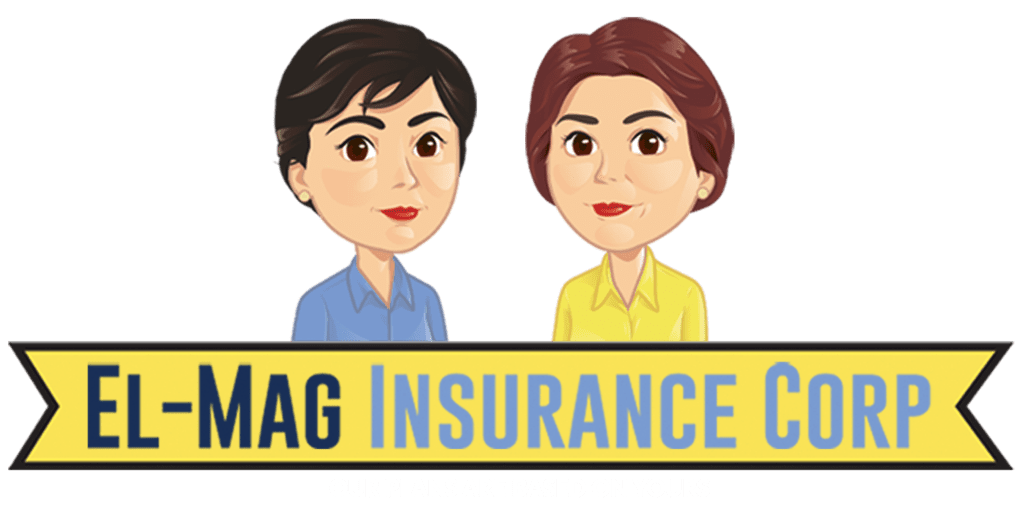What Is Medicare?
Medicare is the federal health insurance program for Americans who are age 65 or older and younger people with qualifying disabilities. The program is comprised of four primary parts:
- Part A Hospital Insurance – Insurance coverage that helps pay for inpatient hospital care, skilled nursing facility care, hospice care, and some general health care services.
- Part B Medical Insurance – Insurance coverage that covers doctors’ services, outpatient care, medical supplies, and preventive health care.
- Part C Medicare Advantage – Part A and B Medicare benefits serviced by private insurers. With Medicare Advantage plans, you may have access to additional benefits that are not featured in traditional Medicare.
- Part D Prescription Drug Coverage – Insurance coverage that helps Medicare beneficiaries cover the cost of prescription medications and vaccinations.
Signing Up For Medicare
Parts A and B of Medicare are classified as Original Medicare. If you wish to receive Original Medicare benefits, in most cases you will need to submit an application. In order to apply, you must be at least age 65 or have a qualifying disability. For individuals with a disability, you will likely need to collect Social Security Disability payments for a minimum of 24 months before you are qualified to collect Medicare benefits. Though, there are some exceptions to this rule; people with Amyotrophic Lateral Sclerosis or End-Stage Renal Disease can qualify for Medicare much sooner.
- Amyotrophic Lateral Sclerosis (ALS) – If you have ALS, you will automatically get Part A and Part B benefits as soon as your disability benefits begin. In this case, you won’t need to sign up on your own. If necessary, you can also choose to delay your Part B benefits.
- End-Stage Renal Disease (ESRD) – If you are diagnosed with ESRD, enrolling in Medicare is optional. Once a doctor verifies your diagnosis, you can choose whether or not to enroll in Original Medicare. If you would normally be subject to a late enrollment penalty, signing up based on ESRD will prevent you from having to pay those extra costs.
Medicare Enrollment
Enrolling in Medicare is easy if you do it early. The best time to enroll is during your Initial Enrollment Period, which begins three months before you turn 65 and ends three months after. The period includes your birth month, meaning you have seven months to enroll. We suggest you enroll as soon as you are eligible, as enrolling during or after your birth month may result in a coverage gap. To learn more about coverage gaps, speak with an insurance professional.
If you miss your Initial Enrollment Period, there are other periods wherein you can enroll in the Medicare program. For example, the General Medicare Enrollment Period lasts from January 1st to March 31st of every year. If you enroll during this period, your benefits will kick in on July 1st.
If you need Medicare benefits now, but are not currently in an enrollment period, you may qualify for a Special Enrollment Period. These enrollment periods are offered to Medicare applicants who have unique life circumstances that prevented them from enrolling during a standard enrollment period. Some events that may qualify you for a Special Enrollment Period include recent loss of employment or recent change of address.
Get in Touch With Us




